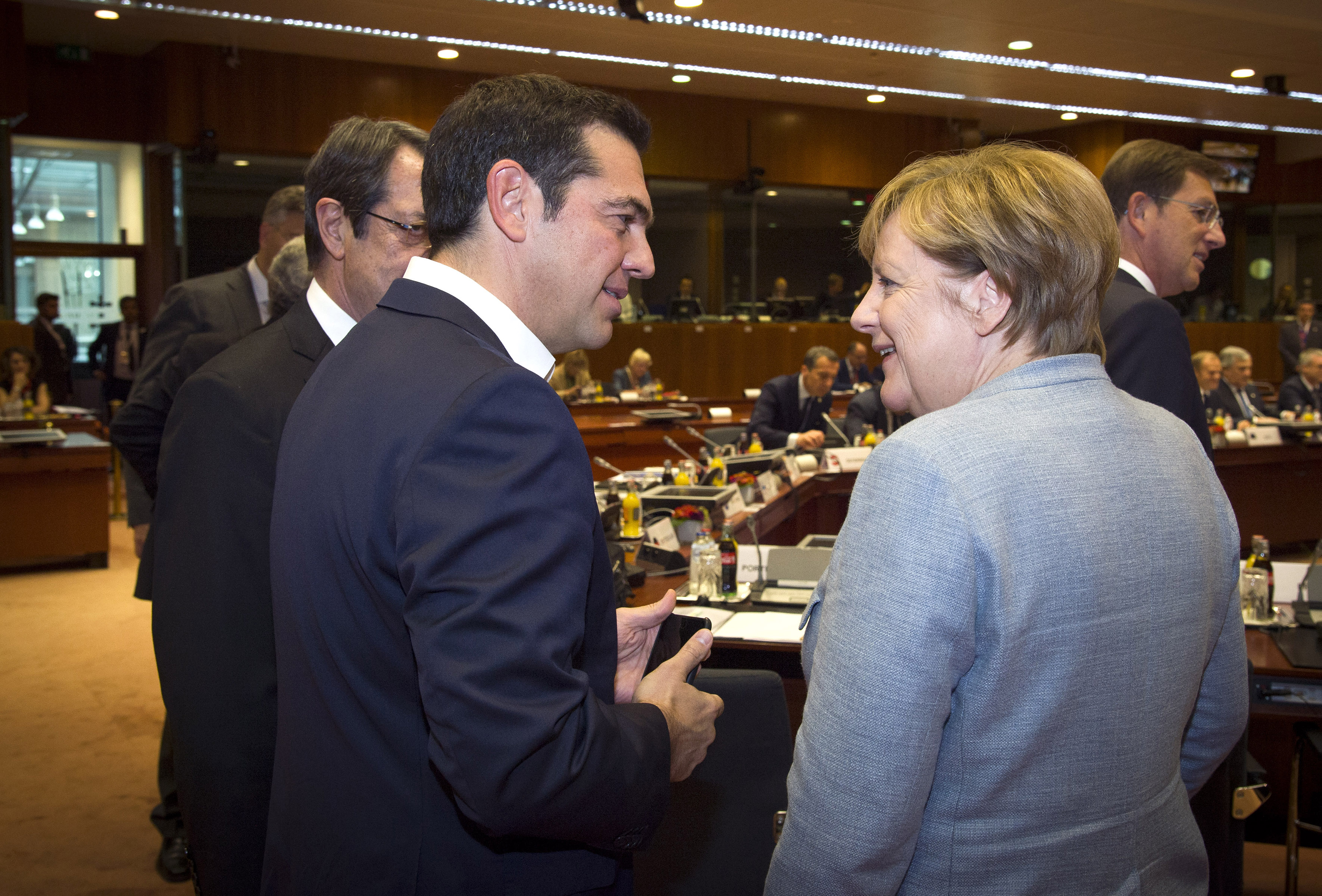On the migration front, Greece has been called upon to confront extremely serious dilemmas. As a country of first entry, it wants an overhaul of the Dublin System to make it more just, but its allies are not many or sufficient.
It will continue to shoulder the weight of managing migrant flows, and protecting the external borders in the Eastern Mediterranean. At the same time, it must find moderate allies in an EU that is undoubtedly shifting to the Right and towards a eurosceptic stance.
On migration, the EU is proceeding to create “coalitions of the willing” regarding secondary movement in the EU and other areas.
Judging from what prime minister Alexis Tsipras told a news conference after the summit, Athens is open to such arrangements. That is the upshot of the Political Agreement signed between Germany, Greece, and Spain.
By its terms, Athens and Madrid commit themselves for accepting the return of asylum seekers that reached German territory, in exchange for Berlin reconsidering its stance on the reunification.
One is almost tempted to link the migrant pacts with the continuation of a temporary, lower VAT tax on five Aegean islands which receive the bulk of the migrants.
Alexis Tsipras said he was satisfied with the result of marathon negotiations between leaders. It is clear that Athens is aligned with Berlin on a series of issues, and migration is one of them.
Tsipras said the Germany-Greece-Spain agreement benefits Greece. It is now also exceptionally useful for Angela Merkel, as there is a huge intra-governmental row over limiting secondary movement of migrants, within the EU.
Tsipras says that with the Balkan route shut, FRONTEX’s two operations at Greece’s borders with Albania and FYROM, receive no more that 100-150 migrants monthly. Greece can take these people back, since the trilateral agreement provides that Germany will examine and promote family reunification, in the framework of the Dublin System.
There are about 3,000 such cases, which to this day Berlin refuses to review.
Angelos Athanasopoulos




